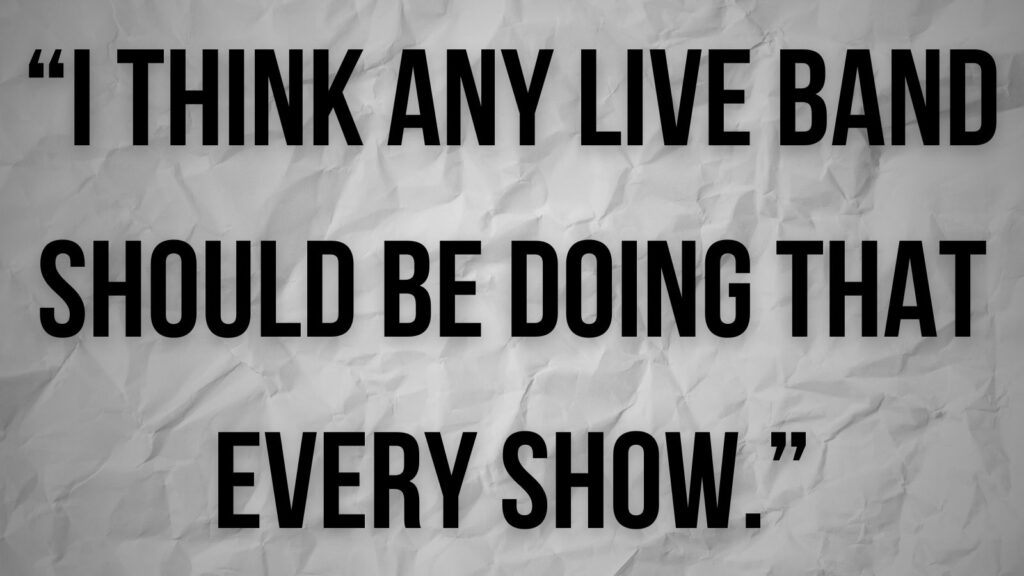According to famous rock and metal producer Max Norman, there was one thing that rock legend Robin Trower was doing back in the day that, in his opinion, all live bands should be doing as well.
Of course, what Norman is referring to comes from a long time ago. However, even though a lot of things have changed over the decades, playing live shows and making music is essentially the same. Whatever you do, things need to sound tight.
And that’s exactly what Max Norman referred to in a recent interview on the Talk Louder Podcast. As he recalled those old days when he was a tech for guitar master Robin Trower and his band — they recorded every show on tape and listened to it.
“Before I got into the studio, the first tour I went on in America — I was rigging PA at that time — was the Robin Trower tour,” Norman recalled (transcribed by Killer Guitar Rigs). And to put things into perspective, back in those days, it’s not like you could have a digital mixer or an audio interface with separate channels or one of those handheld recorders. The tape wasn’t the cheapest thing around, either.
“Robin recorded every night from the console on a big Revox reel-to-reel,” Norman continued. “And after the show, he went straight into the dressing room. He and the band sat there and listened to the whole show every night.”
And this is, according to Max, an important thing to do. Sure, you might be listening to a bunch of mistakes, but that’s a very effective way to get better. So he expressed how crucial of practice this could be if you want your band to sound better. After all, these days, we have simpler methods to record high-quality audio and video of your performance.
“I think it’s a great trait,” the producer added. “And I think any live band should be doing that every show — they should review it. They should look at what they’re doing.”

Speaking of the matter, Norman also reflected on a metal band that he’s not particularly into but is incredibly impressed by how they sound live. He offered:
“There are some great bands out there — I’ve seen Death Angel in the last couple of years, and they are so f***ing tight. They are so fucking good on stage. I don’t even like some of the songs, but they fucking blow me away.”
“I’m just like, ‘Dude, these guys fucking nailed it!’ And they’re not even looking, they’re not even fucking trying! They’re fucking leaping around, the sh*t’s tighter than the duck’s a**.”
Wild analogies aside, Norman does have a point. No matter the genre that you and your band are playing, having constructive feedback in form of a recorded show is only a positive thing. You may not have to record and listen back to every single one. But doing it as much as you can is definitely something to consider. The producer concluded by offering:
“So when you got bands out there like that, that’s what you got to strive for — you can always get better. And you can’t get better without the feedback loop. So you got to listen, you got to correct. Listen, correct.”
Speaking of Robin Trower, the legendary rock musician is also known for his impeccable guitar tone. Sure, what’s good or not is very subjective. However, Robin always has this perfect combo of warmth and clarity, which isn’t the easiest goal to achieve.
In one interview from a while back, Trower reflected on how he achieved this kind of tone by explaining:
“I think the secret to the warmth of tone that I get, whilst still retaining the clarity, is due to a combination of heavy strings, a high action, and the pickups themselves on my signature Strats.”
“Another thing I do is to change my strings quite often; I don’t do many hours on a set of strings. Live, I change them every night.”
Photo: Carl Lender (RobinTrower06)


